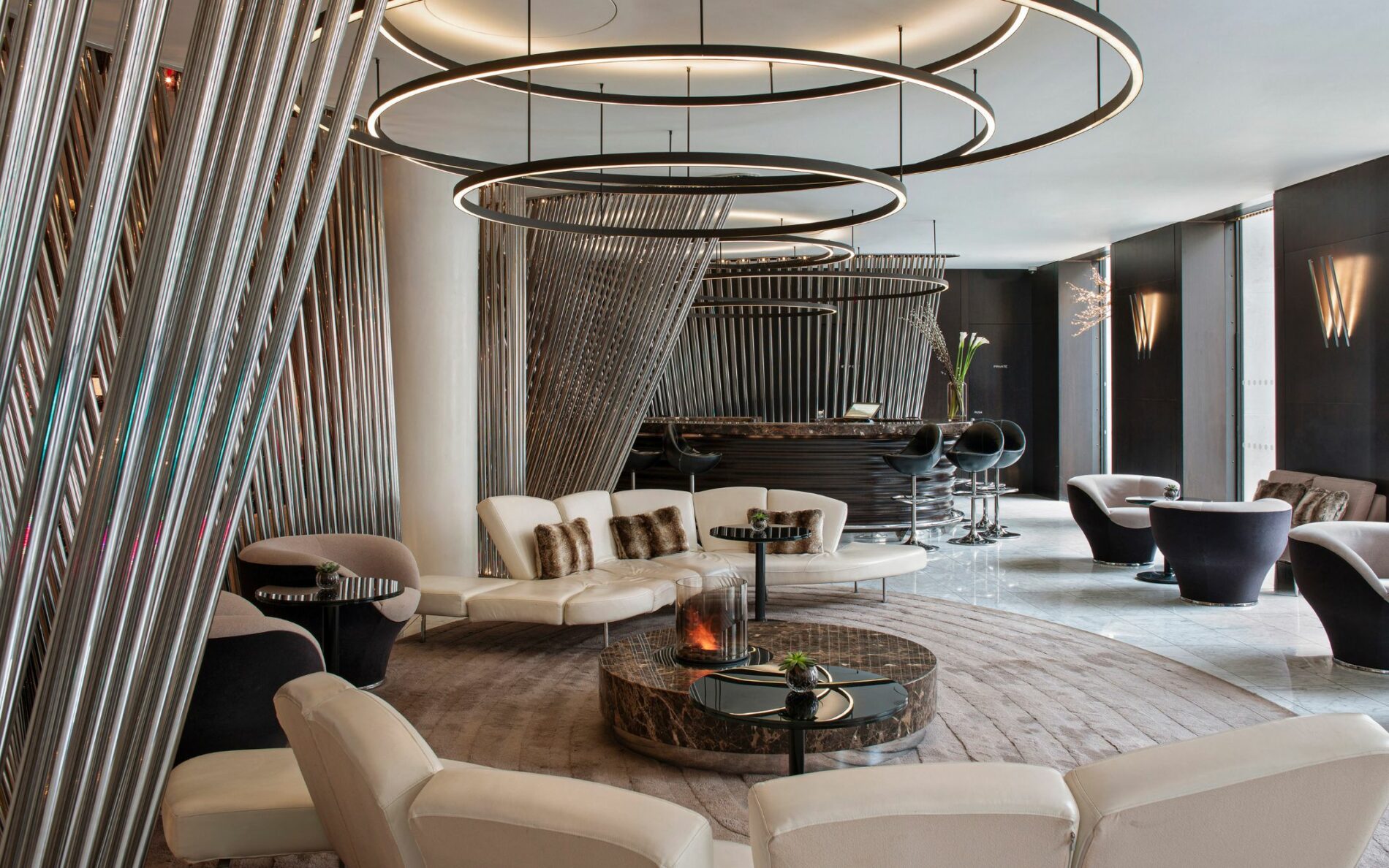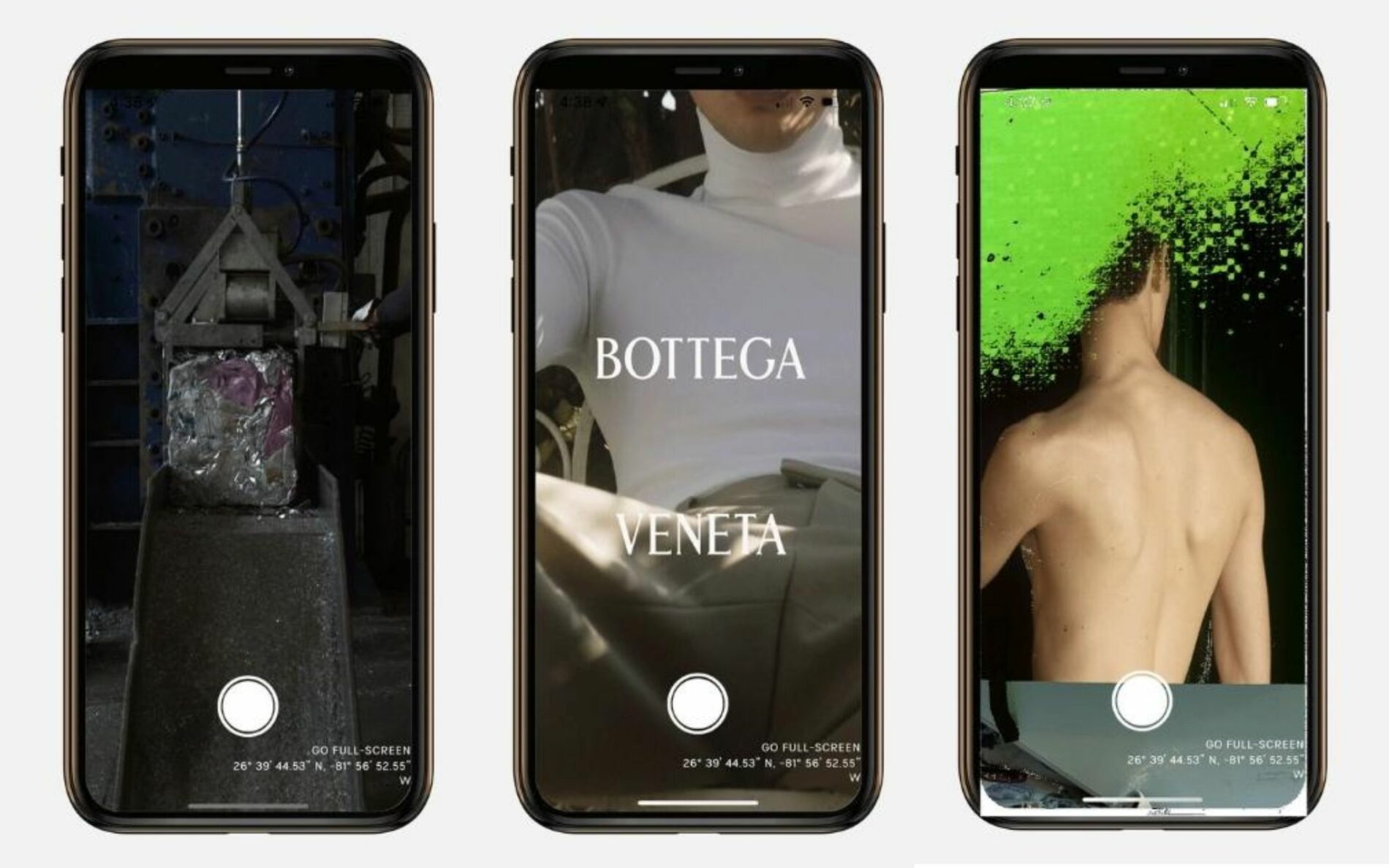Cracking the Code: How Luxury Brands Can Build Trust with Millionaires and HNWIs in an Age of Privacy
Luxury Travel Lifestyle PR
Reaching the wealthy requires ever-more bespoke and sensitive advertising strategies says Chris Wisson, research director at Altiant
Altiant recently published the second iteration of our Millionaire Media Consumption report, surveying 1,400 validated millionaires across the UK, US, France, China, Hong Kong and Singapore. Advertising formed a key part of the research, and the findings reiterated that communicating with High Net Worth Individuals (HNWIs) remains a unique challenge for luxury brands, and that one size certainly does not fit all.
Building trust with HNWIs via advertising
HNWIs are characterised by an enthusiastic but discerning mindset, meaning that they often scrutinise adverts with rigour or actively try to avoid them. Building trust is therefore vital for brands to build a lasting relationship with this elusive cohort. Many are becoming increasingly sceptical about advertising from brands, with misleading narratives such as greenwashing or product durability just two examples of this.
HNWIs are often particularly attuned to such misdirection, with our research showing that only half (51%) of the total sample trust the content shared by luxury brands and services on social media sites, rising to 74% in China. There is clear scope to improve in this area, with the onus on brands to convince HNWIs that they are worthy of attention and trust. Indeed, relevance emerged as the factor which was most likely to encourage interaction with adverts from this group of wealthy customers.
Several HNWIs specifically cited cases of repetitive, disruptive and irrelevant advertising, something which soured their impression of a brand regardless of whether they were already customers. Targeted and relevant adverts which make the individual feel unique have the opposite effect, helping to build the relationship and a level of trust. As one 35-44-year-old female with $1-5m in investible assets told us: “I would really like them to advertise to me through an online app that is just specifically for me.”
When this happens, HNWI consumers feel valued, understood and not just a customer profile in a database. And like all of us, offers which have been tailored to personal interests are warmly received too. Special offers or birthday gifts are cited as other highly effective ways for brands to strengthen customer relationships.

Cutting through resistance to advertising
Our research also shows that many millionaires are reticent about sharing their personal data. Preserving their privacy is crucial and this impacts on how much they engage and interact with brands. Two-thirds (67%) say that they are concerned about sharing their personal information with companies, a figure which rises higher in Hong Kong (75%) and Singapore (82%). Furthermore, one-third of the total sample said that they had recently rejected website cookies, while one quarter had deleted them from devices and/or used ad-blockers.
“At this stage in my life and career, I am very selective about the content I engage with,” a 55-64-year-old British male, with £4.25-8.25m in investible assets, told us. “Personal contact from companies and brands I have specifically chosen is really the only way in which I would connect or respond.”
The challenge for brands is to overcome this reticence and become an intrinsic part of HNWIs’ lifestyles. Consumer trust is hard-earned, but easily lost. Despite being cash-rich, this group tends to be time-poor and eschews unnecessary clutter in their lives. Brands which communicate too regularly or with irrelevant information risk damaging this relationship, perhaps irrevocably. The dreaded ‘newsletter unsubscription’ is just one indicator of whether a brand still resonates with a customer, or if it has slipped into irrelevance (or worse still, irritation).
Advertising and social media
Social media is now one of the key channels for advertisers in building cultural capital. Two-thirds (65%) of millionaires use these sites every day and a further 21% do so at least once a week. These figures rise a little higher in China, a market which is particularly enthusiastic towards social media sites such as Weixin, Weibo and Douyin (TikTok). It was therefore a surprise when Bottega Veneta closed its social media sites in early 2021, instead developing a unique app in its place (it quietly reactivated its Weibo account in China a few months ago).

A variety of established and newer sites means that advertisers must remain agile and adaptable to new trends. The launch of Threads and Twitter’s rebranding to X are just the latest evolutions in the market which are keeping marketing teams on their toes. Our HNW research shows that Instagram and Facebook are seen as the most suitable for adverts from luxury brands, but that many others can also be effective for differing purposes.

Influencers are now a prominent feature of this social media landscape, with almost half of our respondents saying that influencers can impact their purchase decision when buying luxury goods and services. As well as being the most likely to respond to influencers, HNW Chinese are also comfortably the most likely of the six countries to trust the content shared by private users on these sites (59% vs 39% overall).
However, many others have a much less favourable view of them, especially as they often already consider themselves experts and not in need of being ‘influenced’. “I don’t like advertisements from social media influencers,” one 35-44-year-old American female, with $10-20m in investible assets, told us. “I don’t believe that these ads are truthful or trusted. The influencers are being paid to promote and acting as if they have been using the products for a long time.”
Luxury brands therefore need to prioritise authenticity and relevance when working with suitable influencers to ensure that their relationship with key customer groups remain strong.
Conclusion
Creating trust and credibility is at the heart of reaching HNWIs via advertising. Many affluent individuals look to maintain a low profile in their lives. Overt and gauche displays of wealth are out, and in their place, discretion and ‘quiet luxury’ have come to the fore. This is also true online where, outside celebrity circles, few HNWIs actively foster a conspicuous presence.
While this cohort can often be ambivalent or even hostile towards advertising, the returns are significant once they have been won over. HNWIs often already consider themselves to be experts in many aspects of their lives and therefore want to be communicated with on an equal footing. They cherish authenticity, brevity and being made to feel special. Brands which can consistently deliver this are likely to benefit from a deep level of customer trust, both in the immediate and longer term.
Data points are taken from Altiant’s Millionaire Media Consumption report. Please see https://www.altiant.com/mmc for more information.
Luxury Travel and Lifestyle PR
Continue reading
Checking In With… Tim Brooke-Webb
The Seven C’s Of Communication
Earning Trust In Luxury Travel
Luxury Travel Lifestyle PR

